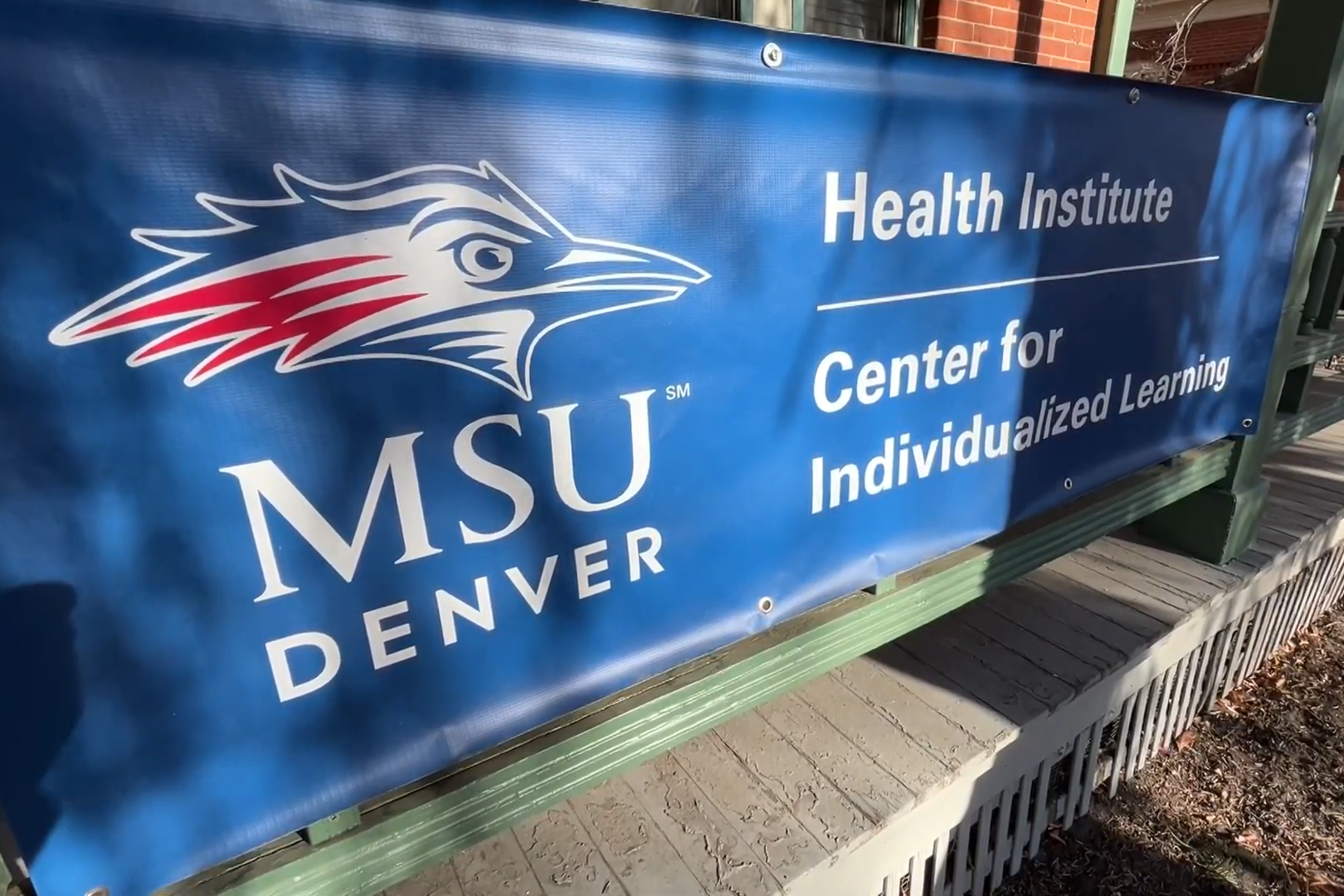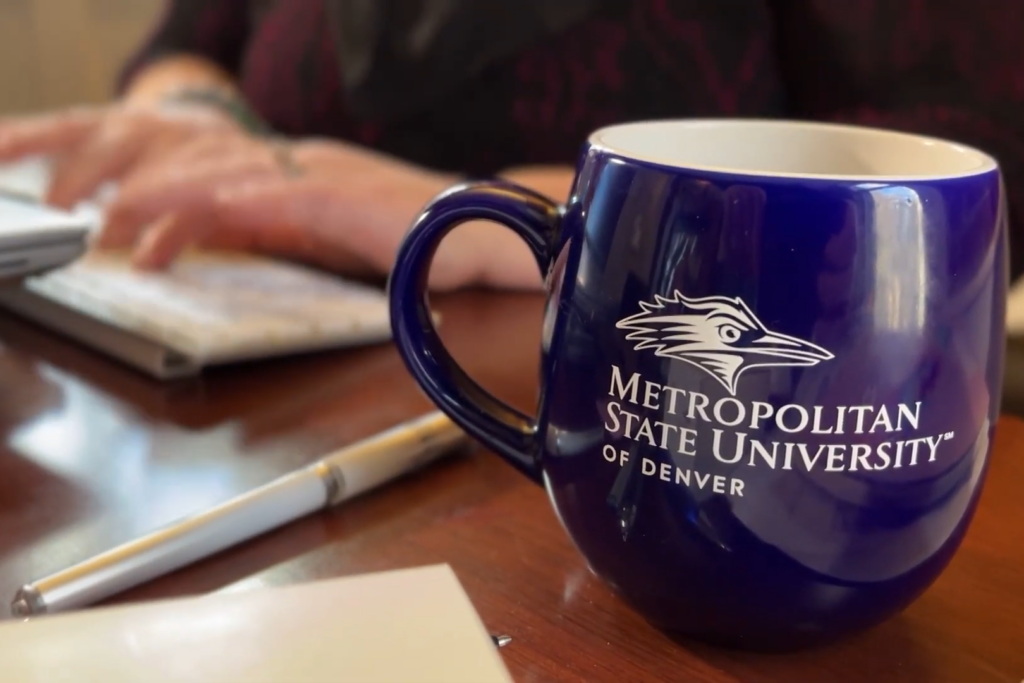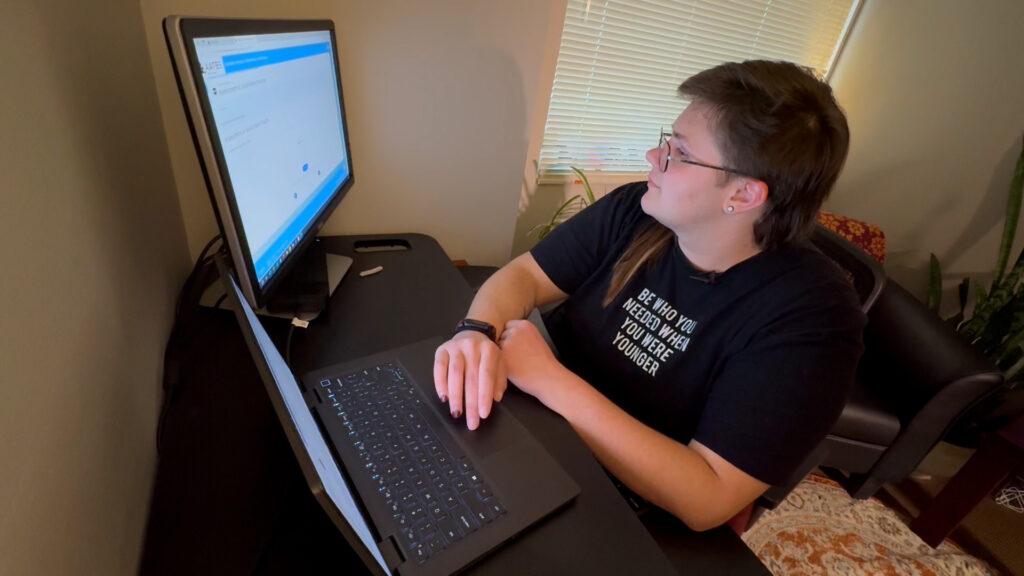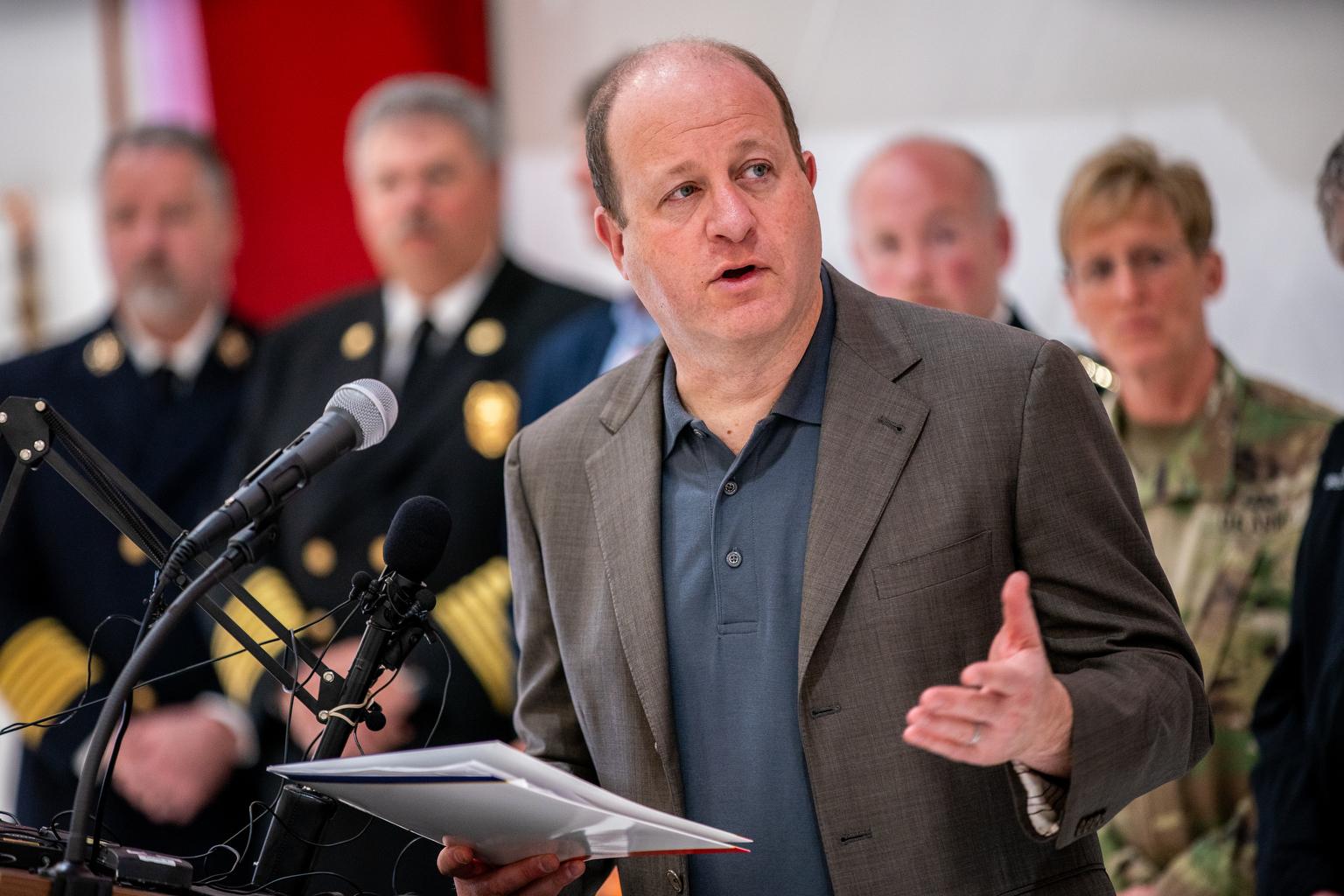
Graduate candidates studying to be mental health care professionals will be able to secure clinical hours faster with financial support under a new collaboration between a major health care company and a Denver university.
The $4.2 million mental health workforce accelerator aims to grow and diversify the number of mental health care workers in Colorado. Mental health-related conditions have steadily increased for years, including higher rates of depression, anxiety, overdoses and suicide. Yet the state has twice the number of vacancies for mental health jobs than similar-sized areas, according to a state study. Behavioral health job openings increased 152 percent from 2019 to 2022.
“This innovative initiative comes at a critical time when one in five individuals in our state are in need of mental health services and less than one-third receive that care,” said Emily Matuszewicz, director of development and partnerships at the Gina and Frank Day Health Institute at Metropolitan State University of Denver.
The university, in collaboration with the National Council for Mental Wellbeing, is running the accelerator, securing clinical hours placements and supervising nearly a dozen community mental health providers across the Front Range. The collaboration is also establishing a peer cohort and providing study materials.
Kaiser Permanente is funding the stipends, overseeing supervised clinical hours, and analyzing the success of the program.
“To effectively address the local impacts of the national mental health crisis, we need to develop a community-wide mental health workforce that effectively represents the communities hit hardest,” said Mike Ramseier, president of Kaiser Permanente Colorado.
What is the problem?
For many graduates with mental health degrees – adolescent counselors, child and family therapists, addiction counselors — it’s challenging to get required supervised clinical hours and too expensive to afford licensing exams and test prep materials.
Candidates with master’s degrees may need 2,000 clinical hours and 100 or more hours of supervision over roughly two years. One study estimates that 57 percent of graduates with master’s in mental health fields don’t go on to complete licensure due to costs for licensing, burnout and difficulty getting licensed in a new state.
Clinical supervision costs more than $10,000 on average and graduates may need to pay out-of-pocket if their employer doesn’t subsidize that cost. The value of the accelerator support for participants is $12,750 for pre-master’s candidates and more than $27,000 for post-master’s candidates.

There is a need to diversify the mental health workforce
The barriers can be higher for underrepresented candidates like low-income graduates. This state report estimates that 81 percent of mental health providers in Colorado are white, and it calls for diversifying the workforce.
Chi’Anne Brieske had a tumultuous family upbringing and grew up in the foster care system.

“It really created a passion in me to work with youth, to understand their traumas, their experiences, how this is impacting their functioning,” she said.
It has been a “long and winding” road for Brieske to get to licensure to be a mental health counselor. Before graduating, students must get internship hours, which are usually unpaid.
“Working full time in addition to a second job at that time was extraordinarily financially straining,” she said. After obtaining a master’s in 2021, Brieske has to acquire 2,000 hours.
As part of the Kaiser-MSU Denver collaboration, she secured clinical hours through Diversus Health in Colorado Springs. It has provided multiple benefits.
“One is emotionally and psychologically to know that you're not alone in this process because it can feel very isolating that nobody else is going through what you are,” she said.
It also paid a stipend for study materials that otherwise would have cost hundreds of dollars and offered guidance and assistance to navigate sometimes confusing licensure paperwork and other hurdles.
Brieske hopes to obtain full licensure by mid-2024 and to eventually work with justice-involved youth.
“I was able to really harness that type of resilience that I had and use it and be able to give back despite all of those barriers,” she said. “The field is fascinating … It’s a delicate balance between science and art.”
Financial barriers can shut some people out
Lived experience also drew C. Blanck to the field. They grew up in a low-income household where family members struggled with substance use, abuse and mental health challenges. When Blanck was working at a homeless shelter, they realized the significant connections between mental health, poverty and homelessness.
Blanck, who graduated with a dual master’s degree in divinity and social work last summer and is obtaining a clinical social worker license, also ran into financial barriers.
“For every single step of the process to become a licensed clinician, there is some kind of financial barrier that a lot of people often run into,” Blanck said. “And it creates a pretty significant disparity in the profession.”
“If you’re not connected to a network of resources, you’re likely going to have to pay for supervision on your own, the licensed mental health professional,” Blanck said. “I was not expecting a financial barrier for literally every single step and needing to delve into, OK, ‘how do I get this next thing that I need to do?’”

Blanck is now completing clinical hours working with adults with serious and persistent mental illness at All Health Network in Littleton. Being part of the cohort and receiving financial support has been a “big anxiety release” and has allowed Blanck to gain a greater understanding of how the entire mental health system operates.
“It's been really fulfilling.”
The program’s first cohort has 33 participants who now have placements with a preference for nonprofit and public entities serving vulnerable, underserved populations. Placements are at organizations across the state.
By 2025, the program hopes to serve 87 post-master’s candidates and 36 pre-master’s.
The Colorado collaboration is part of a national effort that will kick off a similar accelerator in Georgia. There are plans to expand to other states.









